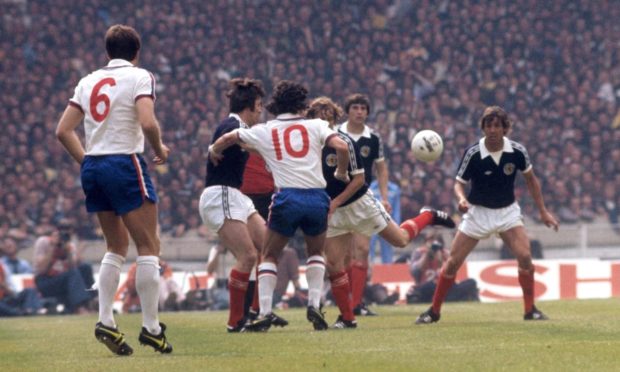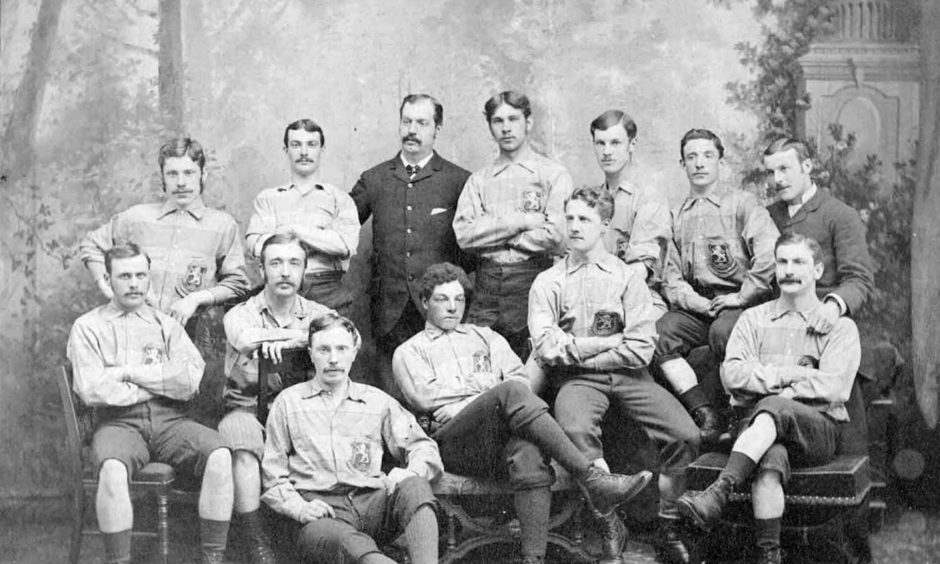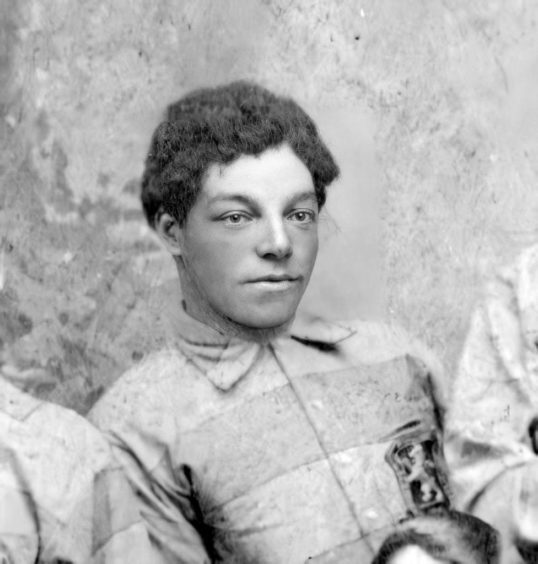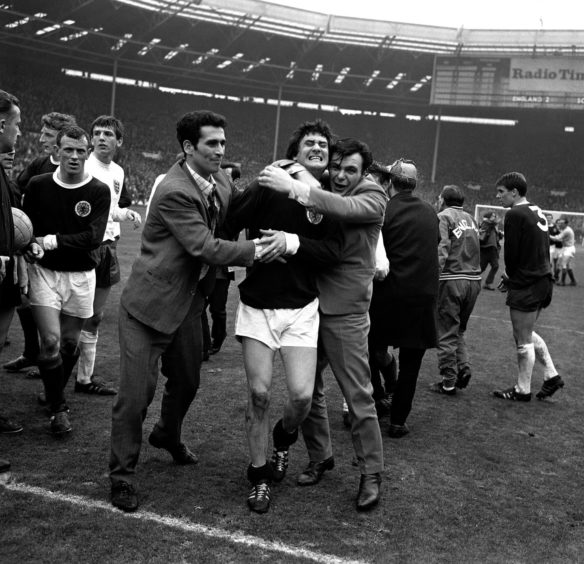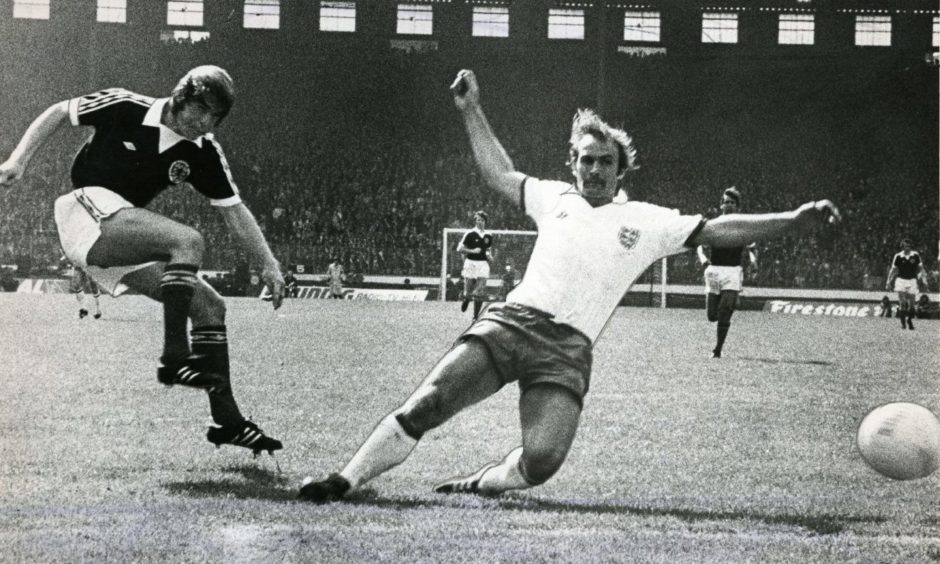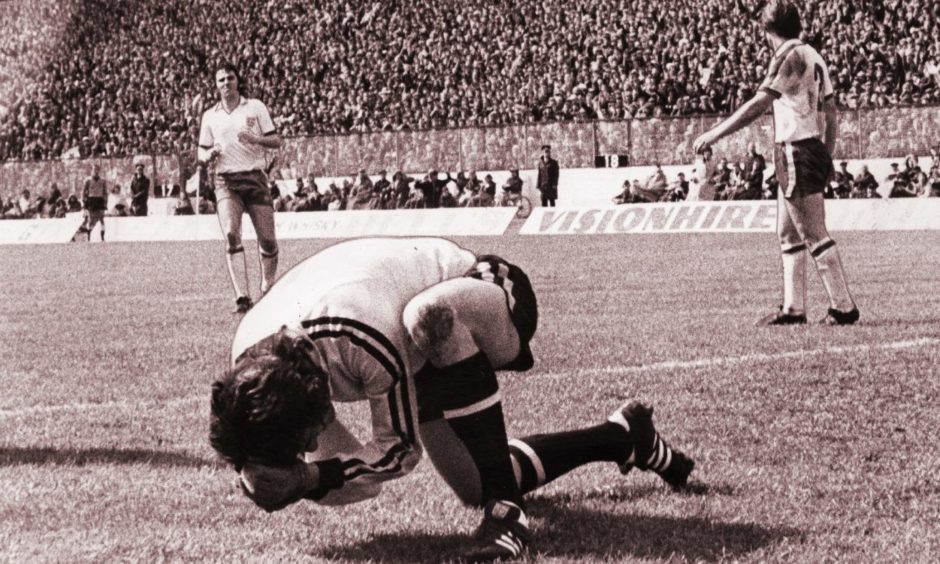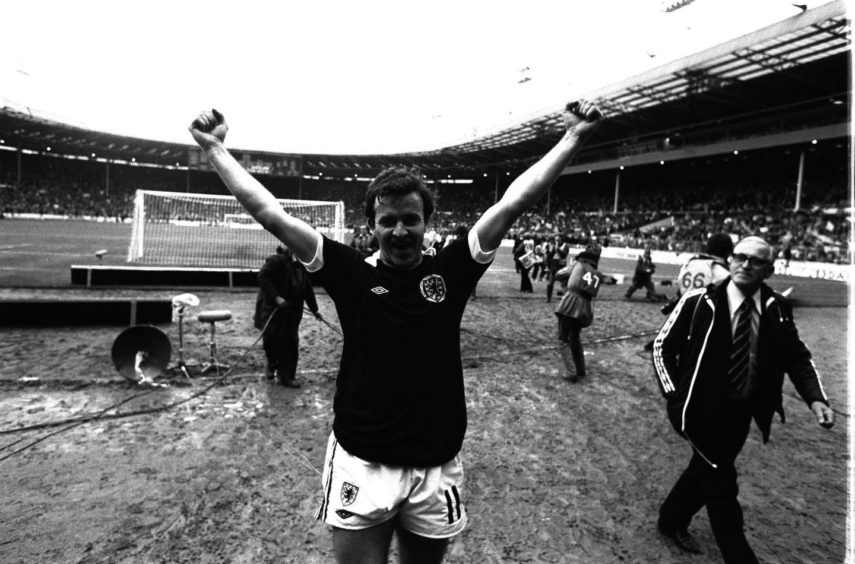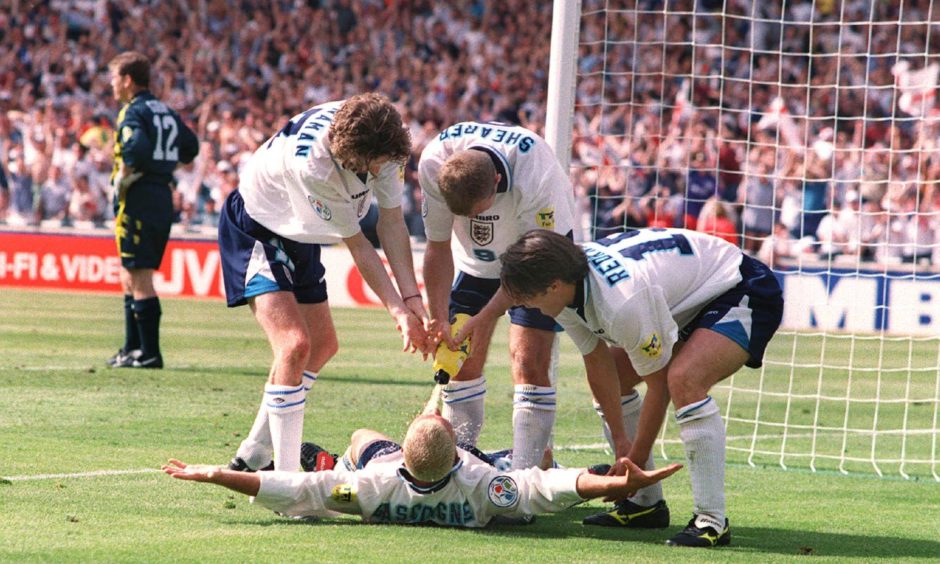England and Scotland prepare to meet at Euro 2020 tonight for the first time in four years.
The head-to-head battle between the sides currently reads 48 wins to England, 41 wins to Scotland, and 25 draws.
Join us for a look back at some classic Auld Enemy clashes from the past 140 years.
March 12 1881, England 1-6 Scotland
The 10th annual international fixture between the sides took place at Surrey Cricket Ground.
Andrew Watson, the world’s first black international, captained the national team in one of the most significant games in the evolution of football.
The English’s shocking humiliation on home soil by six goals to one sent shockwaves through the English FA.
When they received another thumping at Hampden the following year, they were desperate to find a way of improving English fortunes.
Ever since the first England versus Scotland game, the majority of the Scottish team had comprised of Queen’s Park players and once the whole Scottish team contained players from that club.
They decided to create an English team in the Queen’s Park mould, who could supply the national team with players who regularly played together and were familiar with each other’s game.
This team would become known as the Corinthian Football Club, which would play an influential role in the growth of football and its popularity both in Britain and around the world.
April 15 1967, England 2-3 Scotland
England were heavy favourites, and they had 10 of the World Cup-winning team on duty, with Jimmy Greaves replacing Roger Hunt in the only change.
In front of 98,000 at Wembley, Denis Law put Scotland ahead after 28 minutes and sent his countrymen in the stands into raptures.
England’s cause was further hampered when Jack Charlton suffered a broken toe. As there were no substitutes back then, Charlton was forced to go up front rather than hobble off.
The Scots sensed their chance and Bobby Lennox put them two ahead.
Despite barely being able to run, Charlton headed one in for the home nation as they halved the deficit to set up a grandstand finish.
But Jim McCalliog marked his Scottish debut with a goal as he beat Gordon Banks at his near post to seal the win.
Geoff Hurst pulled one back for England, but it was not enough. They had been beaten on their own patch by Scotland.
But the most-memorable sight of the whole day was of Scottish midfielder Jim Baxter playing keepy-uppy across Wembley.
May 15 1976, Scotland 2-1 England
Don Masson and Kenny Dalglish were Scotland’s heroes in a winner-takes-all game against England that is best remembered for a howler by Ray Clemence.
Scotland and England were joint top of the British Home Championship that went down to the wire in front of 85,165 fans at Hampden 45 years ago.
England scored against the run of play on 11 minutes when McFarland delivered a cross from the right hand side for Mick Channon to bury a header past Alan Rough.
Scotland pulled level seven minutes later when Masson scored with a header after Joe Jordan failed to make contact with a corner from Eddie Gray.
The winner came five minutes after half-time when Joe Jordan crossed from the left, Kenny Dalglish sidestepped Mick Mills, but from seven yards shot weakly.
What should have been a routine save turned into a horror show for Clemence, who reached down for the ball only to see it squirt through his legs.
Commentator David Coleman said: “And Clemence’s day is now complete.
“Total disaster. Poor Ray Clemence bows his head in dejection.”
The final whistle heralded a second straight win in Glasgow for Scotland against England and the British Home Championship trophy.
May 23 1981, England 0-1 Scotland
English FA secretary Ted Croker put a ban on sales of tickets in Scotland ahead of the match in May.
But the Tartan Army weren’t defeated, tickets did a roaring trade on the black market and a 40,000-strong contingent made the pilgrimage south despite railway strikes.
The tenacious Tartan Army were rewarded for their resilience when Scotland emerged victorious after a John Robertson penalty kick.
His Nottingham Forest teammate Trevor Francis, who was playing for England, ran to goalie Joe Corrigan to warn him which side Robertson normally would place the ball.
It was a futile move.
The 1-0 win over England during a jubilant weekend on May 23 1981 was Scotland’s first clean sheet since at Wembley since 1938.
June 15 1996, England 2-0 Scotland
The memorable game under the Twin Towers is remembered for Gary McAllister’s penalty miss and Paul Gascoigne’s moment of genius in two breathless minutes.
England’s Alan Shearer had already headed in Gary Neville’s cross by the point of the penalty miss.
TV star and spoon-bender extraordinaire Uri Geller later claimed some credit for the ball moving on the penalty spot prior to McAllister’s miss, with David Seaman deflecting the ball behind for a corner.
Paul Gascoigne – at the time a Rangers player – flicked the ball over Colin Hendry before smashing home a volley to give England victory before unveiling a ‘dentist chair’ celebration in reference to tabloid headlines ahead of the tournament.
